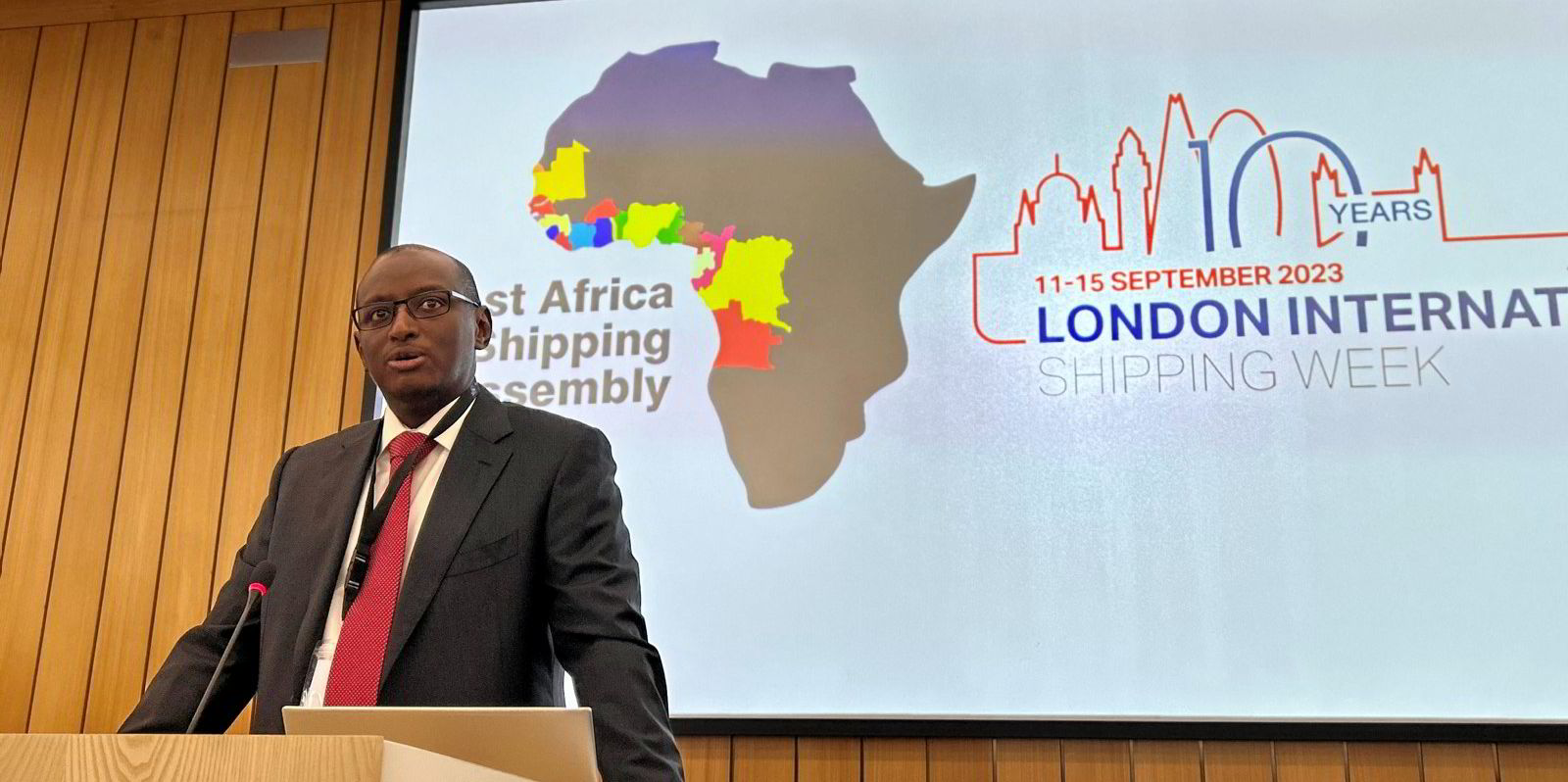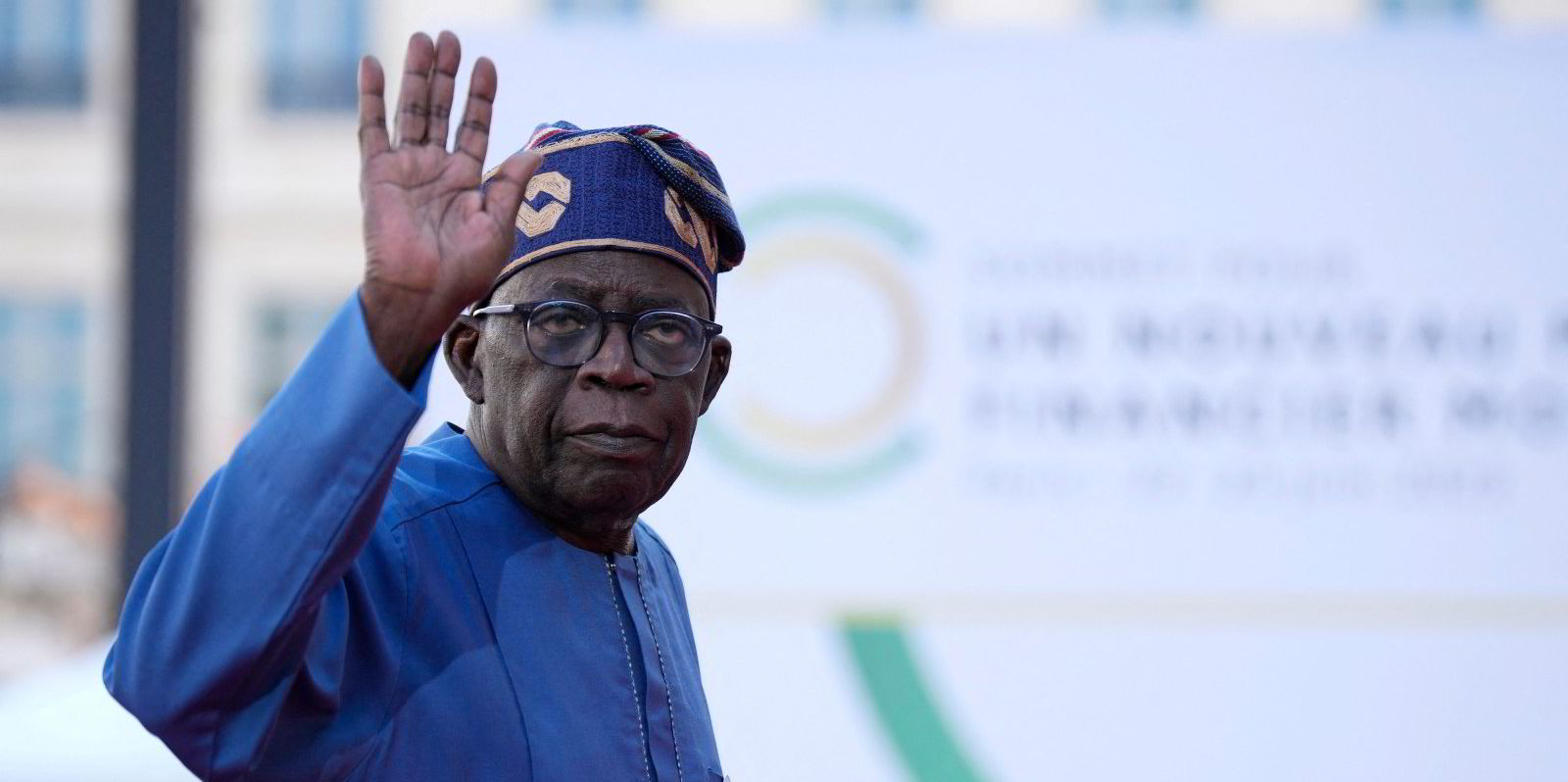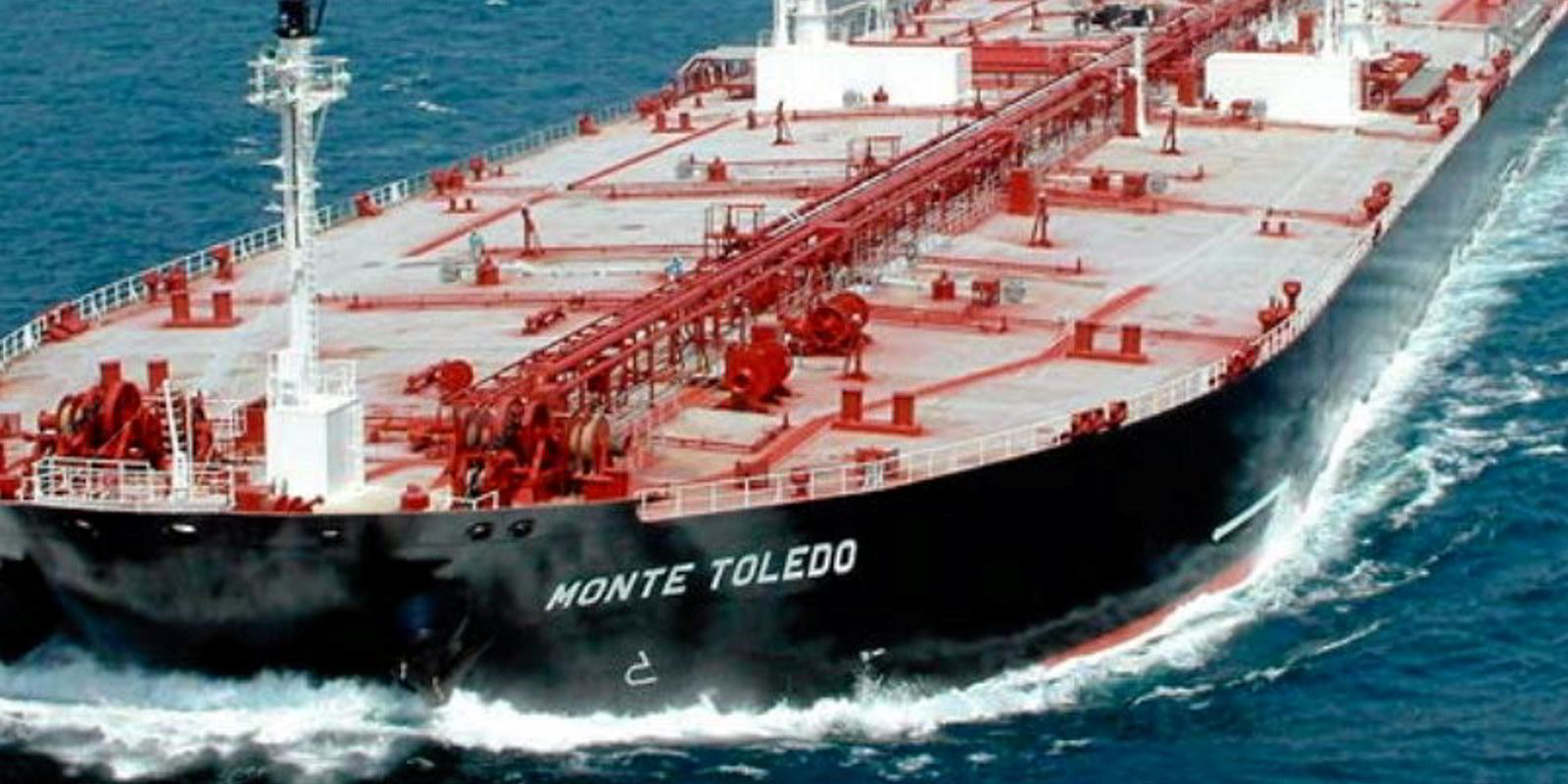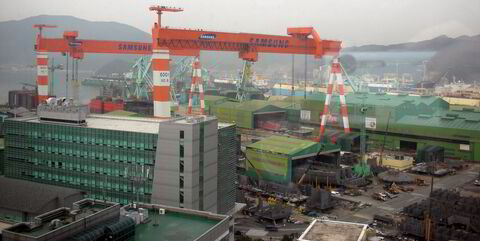Nigeria is turning to London to help meet its shipping demand.
Speaking at the West Africa Shipping Assembly at London International Shipping Week on Tuesday, Nigerian Chamber of Shipping president Aminu Umar said there were huge opportunities for domestic shipping across sectors, but that shipowners lack access to capital.
“The biggest challenge for shipowners in Africa is capital,” he said. “London is where the capital is, actually.”
Umar said debt and equities markets in Africa posed their own challenges for existing and would-be Nigerian shipowners.
He called African stock markets immature and not as enthusiastic about shipping as markets elsewhere in the world.
“In the UK, we see in America, we see in Asia that shipping companies have the ability to access capital,” he said of equities markets.
Meanwhile, debt markets are focused on the short term.
“[Shipping is] a long-term play,” Umar said. “The debt [markets] are not used to the long term. They are mostly structured for short-term funding and this does not work for shipping.”
Speakers at the day-long assembly said demand for shipping was increasing and trade patterns changing following the ratification of the African Continental Free Trade Area by much of the continent in 2018, population growth across the region and the impending start of production at the Dangote refinery near Lagos.
Umar said dry cargo opportunities exist thanks to the free trade agreement and rising population.
The Dangote refinery — one of the largest in the world — is expected by brokers to contribute to the global reshuffling of oil trades that kicked off following Russia’s invasion of Ukraine.
Following the war and subsequent efforts to cut off Russian oil trades, Europe turned towards West Africa to find new sources of crude oil.
But the refinery, which has not yet begun production, could keep that crude oil at home and cut off product imports.
Further, Nigeria has cabotage laws that have Nigerian ownership and crewing requirements.
“There will be a requirement to move crude oil to the Dangote refinery,” Umar said, suggesting African shipowning could be an attractive investment opportunity.
“As it stands today, apart from Angola, Senegal, who owns some suezmax and VLCC, there is almost no African that owns that size of ship.”





